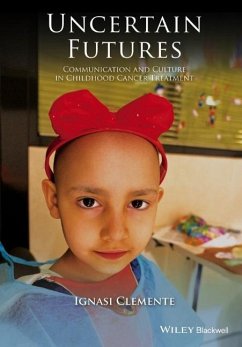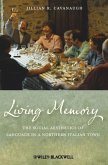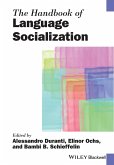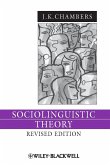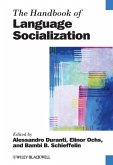This book examines children and young people's attempts to participate in conversations about their own treatment throughout uncertain cancer trajectories, including the events leading up to diagnosis, treatment, remission, relapse, and cure or death.
Clearly and compellingly written, Clemente relies on a new multi-layered method to identify six cancer communication strategies
Illustrates that communication is central to how children, parents, and healthcare professionals constitute, influence, and make sense of the social worlds they inhabit-or that they want to inhabit
Provides ethnographic case studies of childhood cancer patients in Spain, using children's own words
Examines the challenges of how to talk to and how to encourage patients' involvement in treatment discussions
In his critique of the "telling" versus "not telling" debates, Clemente argues that communication should be adjusted to the children's own needs, and that children's own questions can indicate how much or little they want to be involved
Hinweis: Dieser Artikel kann nur an eine deutsche Lieferadresse ausgeliefert werden.
Clearly and compellingly written, Clemente relies on a new multi-layered method to identify six cancer communication strategies
Illustrates that communication is central to how children, parents, and healthcare professionals constitute, influence, and make sense of the social worlds they inhabit-or that they want to inhabit
Provides ethnographic case studies of childhood cancer patients in Spain, using children's own words
Examines the challenges of how to talk to and how to encourage patients' involvement in treatment discussions
In his critique of the "telling" versus "not telling" debates, Clemente argues that communication should be adjusted to the children's own needs, and that children's own questions can indicate how much or little they want to be involved
Hinweis: Dieser Artikel kann nur an eine deutsche Lieferadresse ausgeliefert werden.
"Clemente opens our minds and hearts to the everyday lives of children with cancer, their parents and clinicians as they interact with one another, indeed as they carry on, in the face of numerous uncertainties."
Myra Bluebond-Langner, University College, London and Rutgers University
"Ignasi Clemente's book deserves to be read by all who are concerned with the state of health care communication, whether involving cancer or other serious illness, patients who are children or adults, and communications in hospitals, clinics or other medical settings."
Douglas Maynard, University of Wisconsin
"Uncertain Futures insightfully explores the delicate balance between silence and discussion, and sheds light on how the illness extends beyond the patient as parents rearrange their lives to love and care for their children in extremely difficult circumstances."
Marjorie Goodwin, University of California, Los Angeles
Myra Bluebond-Langner, University College, London and Rutgers University
"Ignasi Clemente's book deserves to be read by all who are concerned with the state of health care communication, whether involving cancer or other serious illness, patients who are children or adults, and communications in hospitals, clinics or other medical settings."
Douglas Maynard, University of Wisconsin
"Uncertain Futures insightfully explores the delicate balance between silence and discussion, and sheds light on how the illness extends beyond the patient as parents rearrange their lives to love and care for their children in extremely difficult circumstances."
Marjorie Goodwin, University of California, Los Angeles

